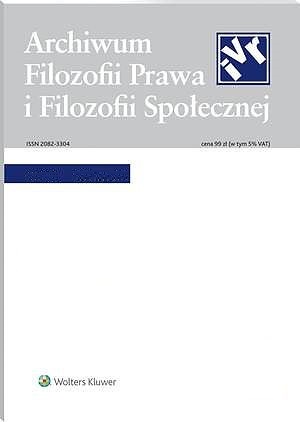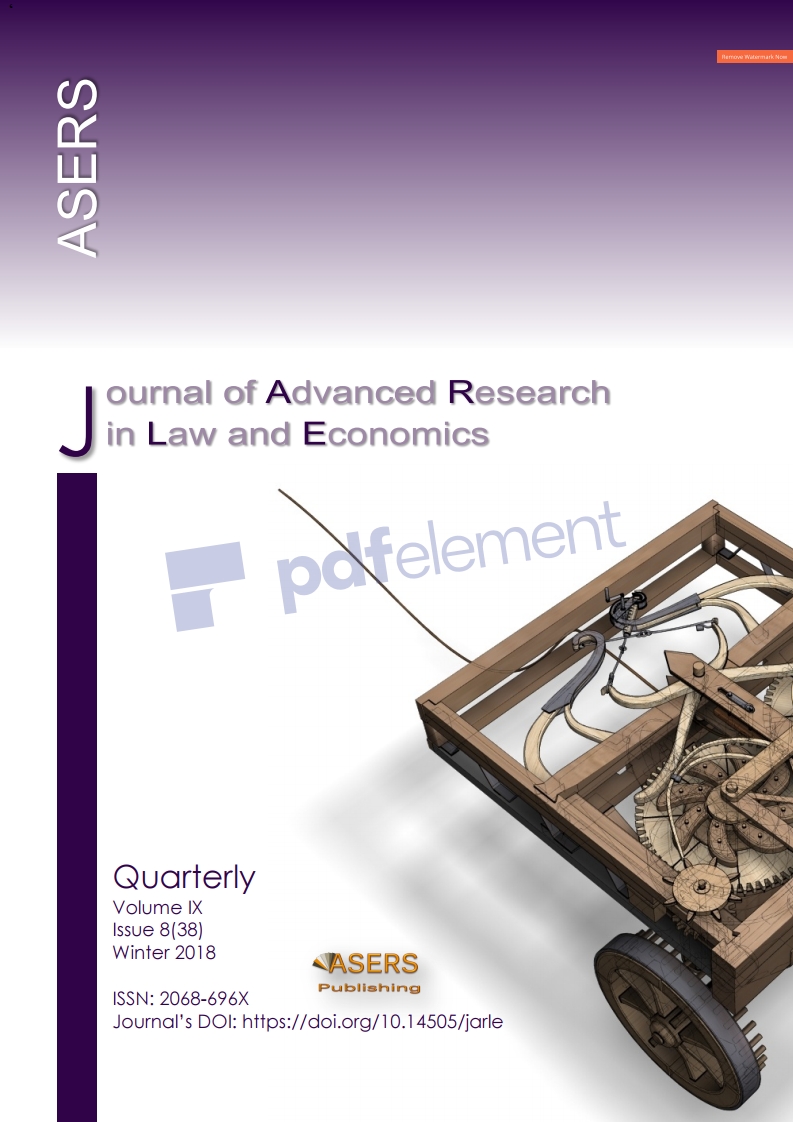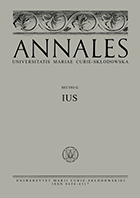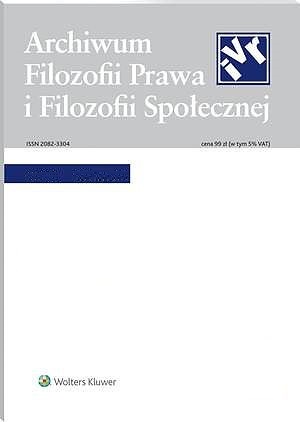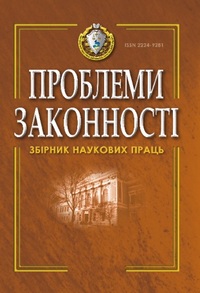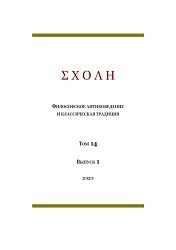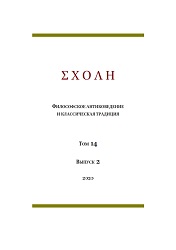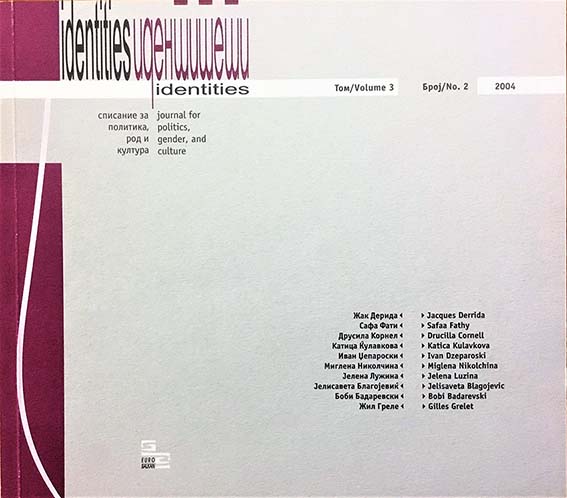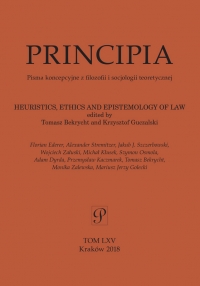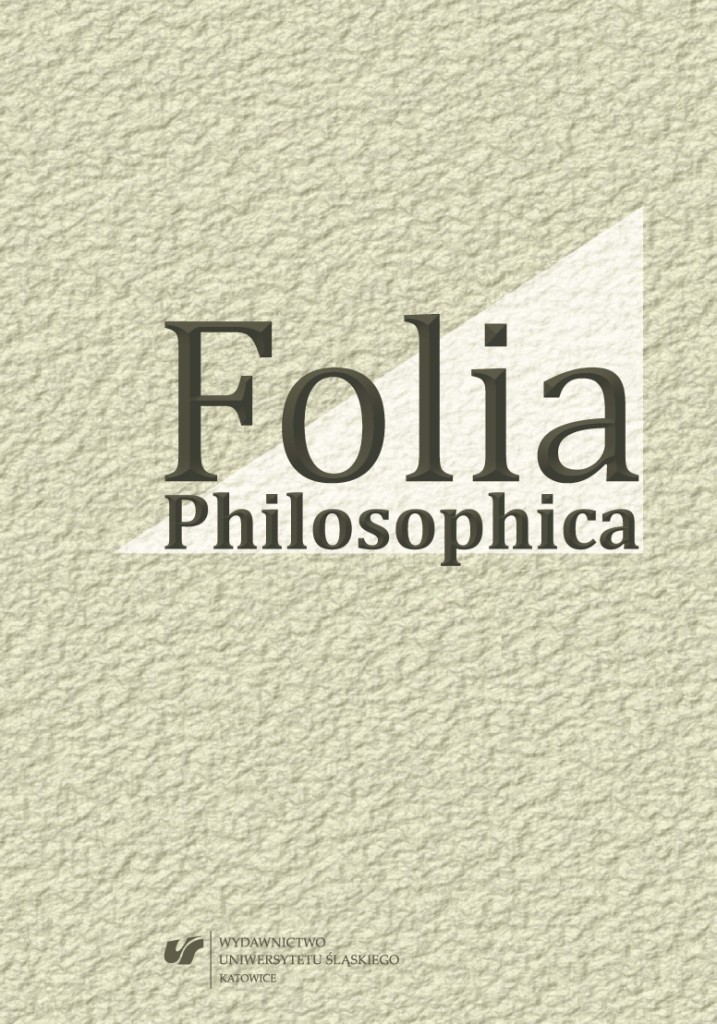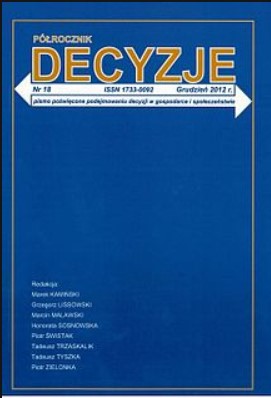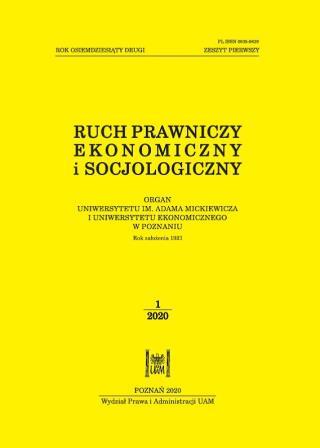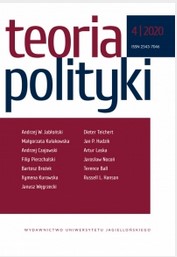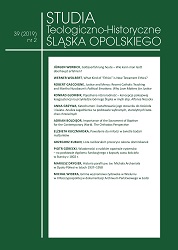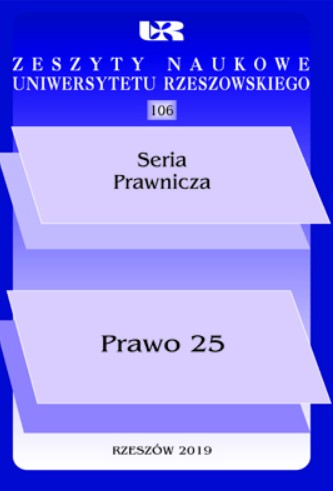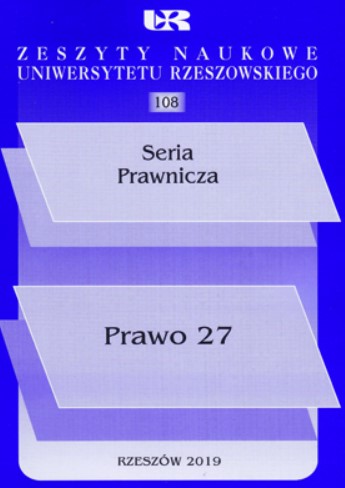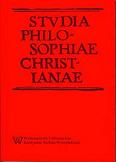
Uprawnieniowe prawo naturalne i jego zakres w filozofii Pawła Włodkowica
The purpose of this article is to attempt to provide a more precise answer to the question of Paul Vladimiri’s account of the concept of permissive natural law. This purpose is realized in two steps. First, a brief history of permissive natural laws in the tradition of medieval philosophy is discussed, and the historical context, in which Paul Vladimiri developed his theory of natural law, is outlined. Next, some excerpts from Vladimir’s writings are analyzed, in which he uses phrases indicating the presence of the concept of permissive law in his philosophy.
More...
